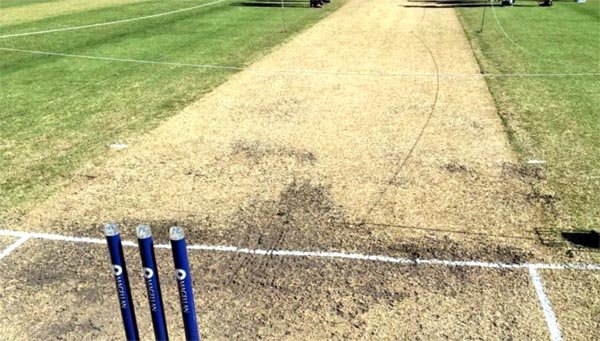New Delhi, Oct 6 (UNI) Much to the relief of Jan Aushadhi Kendra operators in the retail sector, the government has assured them of revoking its earlier zero-distance policy revising to 500 meters for setting up new centres under the Prime Minister Narender Modi’s ambitious Pradhan Mantri Bhartiya Janaushadhi Pariyojana (PMBJP) aimed at providing quality medicines at affordable prices.
At a press conference here, representatives of the PMBJK Retailers Association said senior officials from the Department of Pharmaceuticals (DoP), under the union Chemicals and Fertilisers Ministry, today at a meeting assured them of revoking the zero-distance policy.
Instead of zero distance, a minimum distance of 500 metres will now be mandated between two Kendras, said Prashant K Singh, president of the PMBJK Retailers Association. He, said a formal notification on the revised distance norm is expected soon.
Currently, about 19,000 Jan Aushadhi Kendras operate nationwide, offering nearly 2,047 medicines and 300 surgical items at affordable prices. Singh said the DoP has said that they will implement it soon as consent has also to be taken from the union Health Ministry as well.
Pinning hopes on the government’s assurance on the distance issue, the Association also raised concerns over other operational challenges.
Suresh Mittal, General Secretary of the Association, pointed out that the recent GST rate reduction has created financial difficulties for retailers. Stock purchased earlier at higher tax rates now has to be sold at reduced MRP via point-of-sale systems, resulting in a direct loss of approximately 7% GST for retailers registered under the Composition scheme and causing severe working capital issues.
National president Vishnu Gupta also urged the government to increase sales margins to boost operators’ interest and sales, highlighting that other generic pharmaceutical companies offer competitive margins of 35-40%.
“By relaxing distance rules, especially in densely populated urban areas, the PMBI aimed to accelerate the establishment of new Kendras and ensure more equitable distribution. However, the Association cautioned against congesting metropolitan areas with excessive Kendras, urging the Centre to focus on villages and remote regions where such centres are scarce or absent,” the Association stated.
“The Centre had recently scrapped the minimum distance rule in metropolitan and densely populated cities to improve access to affordable generic medicines and meet the target of opening 25,000 stores by March 31, 2027. But this could lead to existing Jan Aushadhi Kendras collapsing as profits would be divided. The government should prioritise expansion in remote regions,” said Pawan Kumar Bharati, Vice President of the Association.
There is an urgent need to expand the number of Jan Aushadhi Kendras in the 71 districts–many less developed, far-to-reach, border, arid, tribal, or districts with a history of insurgency, noted the representatives of the Association.
Implemented by the Pharmaceuticals & Medical Devices Bureau of India (PMBI) under the DoP, the Jan Ausadhi scheme seeks to reduce out-of-pocket medical expenses and promote generic medicines, dispelling the misconception that low-cost drugs are inferior.
The Association also urged the Government to expand the medicines basket available at Jan Aushadhi Kendras. “We have submitted a list to the Government recommending that molecules whose patents have expired should be included in the Jan Aushadhi basket. There is also a need to include more medical devices,” added Ayon Bhattacharya, national spokesperson of the Janaushadhi Kendra Owners’ Welfare Society.
Under the scheme, the government provides monthly incentives of up to Rs 20,000 and a one-time infrastructure incentive of Rs 2 lakh for establishing Jan Aushadhi Kendras in designated areas or for specific demographic groups.
To ensure quality, all Jan Aushadhi medicines are procured from manufacturers compliant with the World Health Organization’s Good Manufacturing Practices (WHO-GMP).











